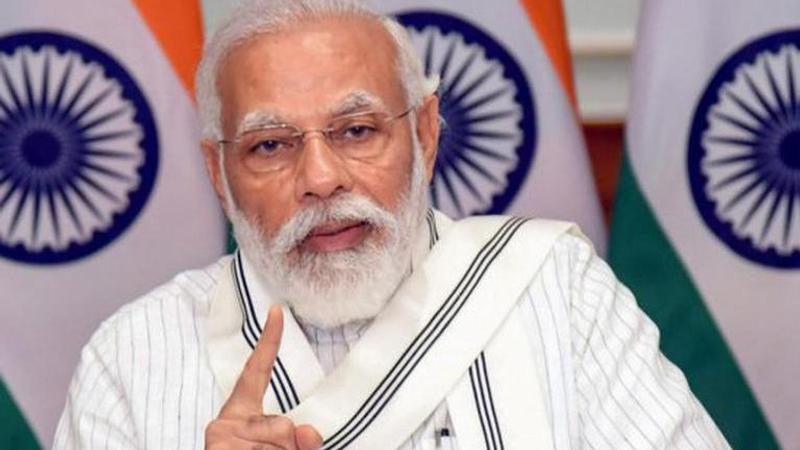Published 12:25 IST, July 27th 2021
New Education Policy 2020 to complete 1 year: See key features of NEP 2020
New Education Policy 2020 will complete one year on July 29. PM Modi will address the nation to mark its completion of one year. See highlights of NEP 2020.

Prime Minister Narendra Modi will on Thursday address the nation on the occasion of completion of one year of New Education Policy 2020. The event will be held virtually on July 29 at 4.30 pm. Along with the Prime Minister, union education minister Dharmendra Pradhan will also be present at the event virtually. PM Modi is expected to share the steps taken for the implementation of NEP 2020 in the country.
The New National Education Policy was approved in the cabinet on July 29, 2020. The new policy has replaced the 34-year old education policy paving way for transformational reforms in pre-primary to higher education systems making India a global knowledge superpower. There are several provisions under NEP 2020 including common entrance test (CET) for the government recruitment exam, setting up National Recruitment Agency (NRA), National Research Foundation to boost research works in universities, setting up campuses of international universities in India, and many more.
Key Highlights of New Education Policy
- Restructuring school curriculum and pedagogy in a new 5+3+3+4 design
- Use of local language as a medium of teaching till Grade 5
- Promote the use of regional language in higher studies
- Addition of 21st-century life skills in school-level education like- coding, digital literacy, written communication, problem-solving, and logical reasoning; vocational exposure and skills
- While the Board exams for Grades 10 and 12 will be continued, the existing system of Board and entrance examinations shall be reformed to eliminate the need for undertaking coaching classes.
- By 2040, all higher education institutions (HEIs) shall aim to become multidisciplinary institutions and shall aim to have larger student enrolments
- There shall, by 2030, be at least one large multidisciplinary HEI in or near every district
- Setting up for National Recruitment Agency for all government recruitment exams
- Common Eligibility Test (CET) for various recruitments exams of same level
- Institutions will have the option to run Open Distance Learning (ODL) and online programmes, provided they are accredited to do so, in order to enhance their offerings, improve access, increase GER, and provide opportunities for lifelong learning
- The undergraduate degree will be of either 3 or 4-year duration, with multiple exit options within this period, with appropriate certifications, e.g., a certificate after completing 1 year in a discipline or field including vocational and professional areas, or a diploma after 2 years of study, or a Bachelor ’s degree after a 3-year programme.
- HEIs will have the flexibility to offer different designs of Master’s programmes: (a) there may be a 2-year programme with the second year devoted entirely to research for those who have completed the 3-year Bachelor ’s programme; (b) for students completing a 4-year Bachelor ’s programme with Research, there could be a 1-year Master’s programme; and (c) there may be an integrated 5-year Bachelor’s/Master’s programme. Undertaking a Ph.D. shall require either a Master’s degree or a 4-year Bachelor’s degree with Research. The M.Phil. programme shall be discontinued.
- The various initiatives mentioned above will also help in having larger numbers of international students studying in India, and provide greater mobility to students in India who may wish to visit, study at, transfer credits to, or carry out research at institutions abroad, and vice versa. Courses and programmes in subjects, such as Indology, Indian languages, AYUSH systems of medicine, yoga, arts, music, history, culture, and modern India, internationally relevant curricula in the sciences, social sciences, and beyond, meaningful opportunities for social engagement, quality residential facilities and on-campus support, etc. will be fostered to attain this goal of global quality standards, attract greater numbers of international students, and achieve the goal of ‘internationalization at home’.
- India will be promoted as a global study destination providing premium education at affordable costs thereby helping to restore its role as a Vishwa Guru. An International Students Office at each HEI hosting foreign students will be set up to coordinate all matters relating to welcoming and supporting students arriving from abroad.
- National Research Foundation (NRF) to be set up to boost research works in the country.
Updated 12:25 IST, July 27th 2021




